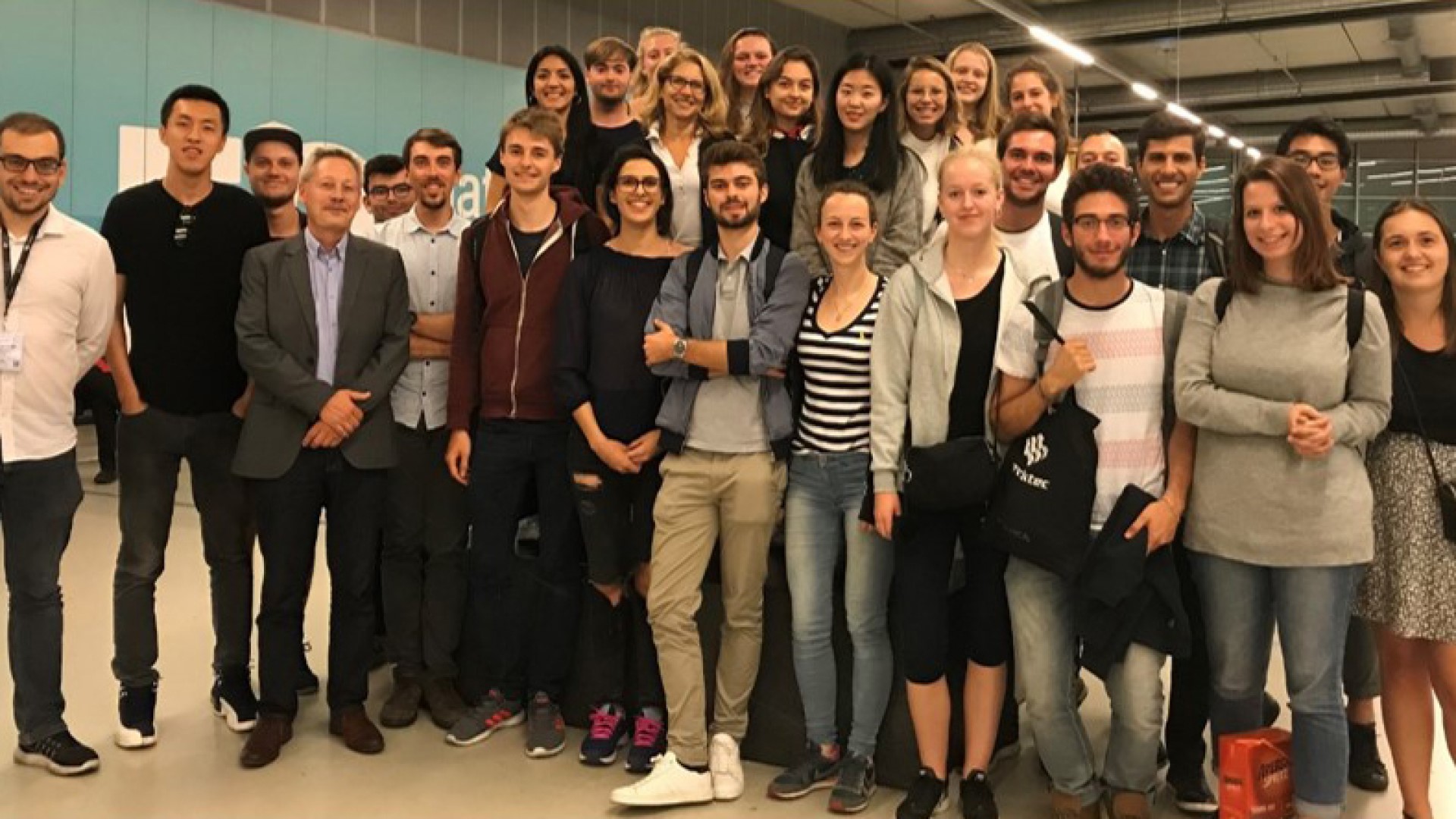Transport and Logistics (MSc)
At the Master's program (MSc) in Transport and Logistics, it is possible to choose among topics that combine the railway technical infrastructure (including railway track design, railway maintenance, signaling and electrification, etc.) with railway traffic planning. These topics can also be part of a study career you want to practise within civil engineering, computer science, electrical and mechanical engineering, photonics engineering, as well as industrial engineering, business analytics, etc.
As a student you have ample opportunity to enter into collaborations with railway companies both in connection with assignments on the courses, and not least in connection with the preparation of the thesis. DTU's database of student projects can be an entry to match companies and students.
The rail industry is a large and interdisciplinary industry. If you need to be inspired by what you can do after graduation, you can read a series of interviews with former students - find them in the upper right corner of this page.
